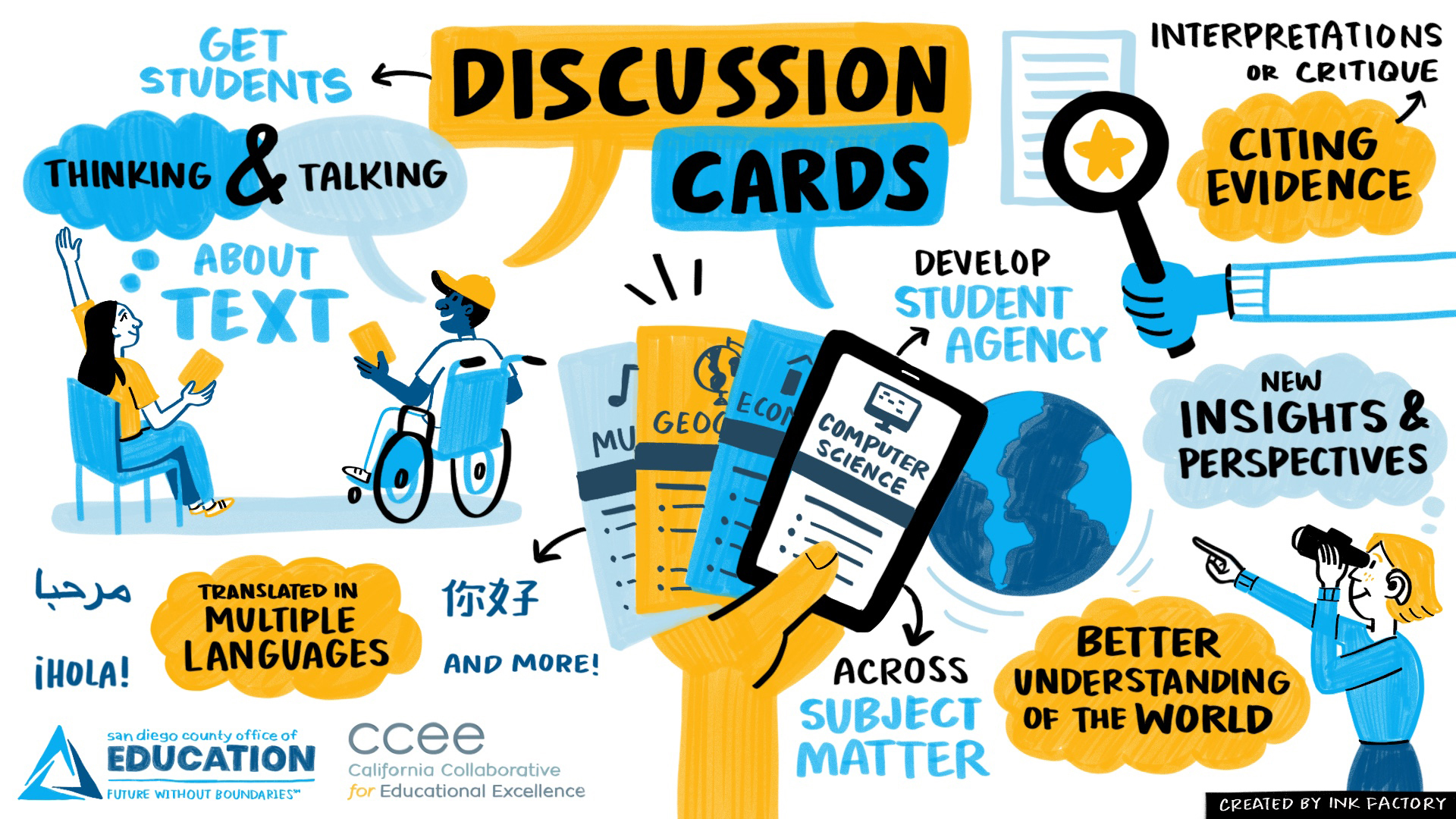DESCRIPTION
Senior Advisor David Toston, Assistant Director Steven Sterling Mitchell, and Deputy Executive Director Chris Hartley partnered with Joel Rabin from Inform to Inspire to present on California’s Statewide System of Support 2022 Community Engagement Initiative Year 2 Report.
RESOURCES
RESOURCE TYPE
Media, Professional Learning
TYPE OF AUDIENCE
Board, Site Administrator / Instructional Coach, Systems Leadership, Teacher
TOPIC AREA
Community Engagement
KEYWORDS









